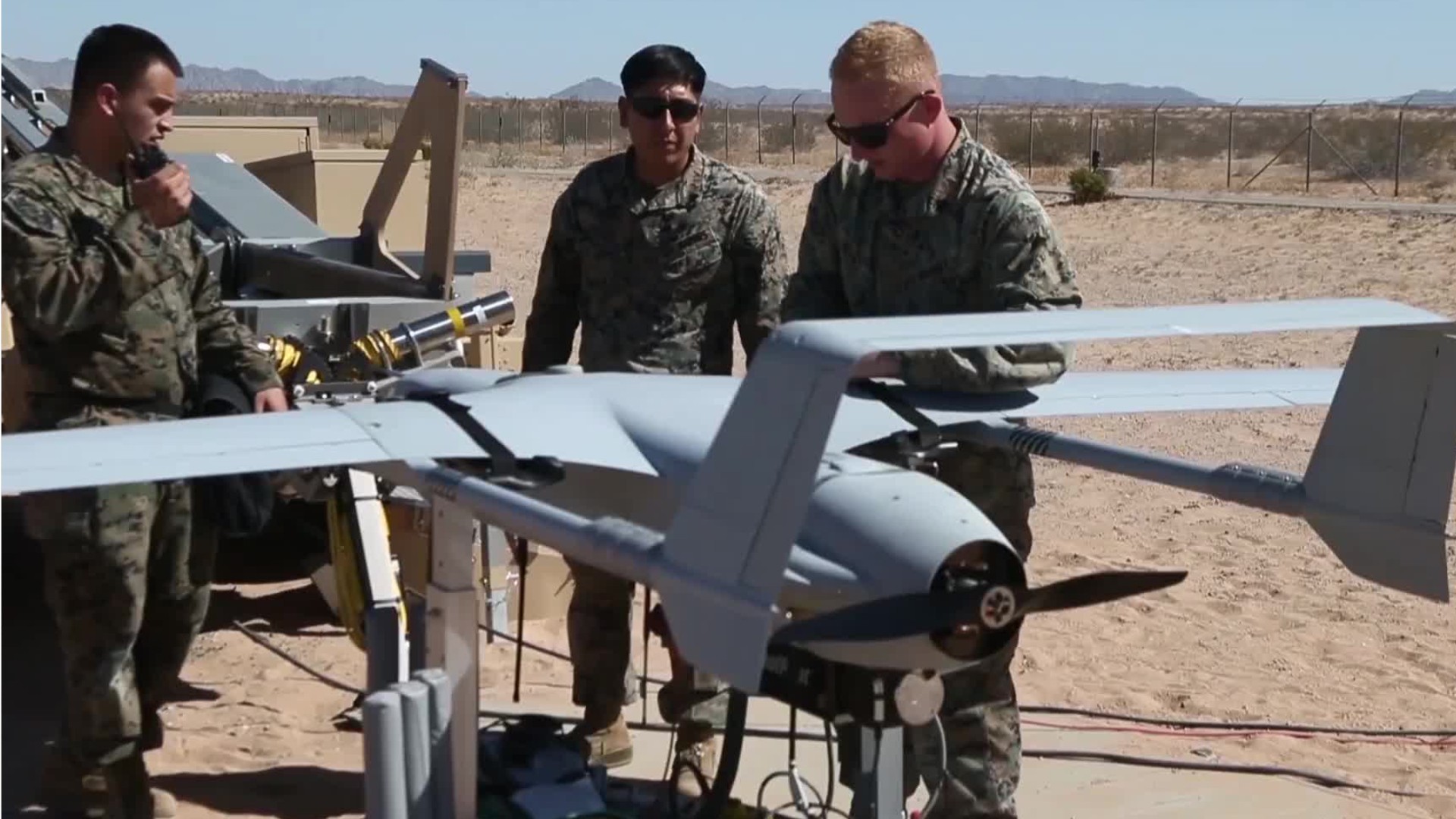Robotics Technicians
Automation Technician, Electrical and Instrumentation Technician (E and I Technician), Instrument Specialist, Process Control Technician
 Select a military branch to see samples.
Select a military branch to see samples.
Developmental Engineer; Developmental Engineer, Aeronautical; Developmental Engineer, Astronautical; Developmental Engineer, C2ISREW; Developmental Engineer, Electrical/Electronic; Developmental Engineer, Flight Test; Developmental Engineer, Helicopter or EWO; Developmental Engineer, Project; Developmental Engineer, Special Operations; Developmental Engineer, Tanker
Command and Control Systems Integrator
Electronics Specialty
Electronics Maintenance Officer (Ground)
No similar titles were found.
No similar titles were found.
What they do:
Build, install, test, or maintain robotic equipment or related automated production systems.
On the job, you would:
- Make repairs to robots or peripheral equipment, such as replacement of defective circuit boards, sensors, controllers, encoders, or servomotors.
- Troubleshoot robotic systems, using knowledge of microprocessors, programmable controllers, electronics, circuit analysis, mechanics, sensor or feedback systems, hydraulics, or pneumatics.
- Install, program, or repair programmable controllers, robot controllers, end-of-arm tools, or conveyors.
Knowledge
Engineering and Technology
- computers and electronics
- product and service development
Arts and Humanities
- English language
Math and Science
- arithmetic, algebra, geometry, calculus, or statistics
- physics
Manufactured or Agricultural Goods
- manufacture and distribution of products
Skills
Basic Skills
- reading work related information
- thinking about the pros and cons of different ways to solve a problem
Problem Solving
- noticing a problem and figuring out the best way to solve it
Technical
- figuring out what is causing equipment, machines, wiring, or computer programs to not work
- repairing machines or systems using the right tools
Abilities
Verbal
- listen and understand what people say
- read and understand what is written
Hand and Finger Use
- put together small parts with your fingers
- hold or move items with your hands
Ideas and Logic
- use rules to solve problems
- make general rules or come up with answers from lots of detailed information
Attention
- pay attention to something without being distracted
Personality
People interested in this work like activities that include practical, hands-on problems and solutions.
They do well at jobs that need:
- Attention to Detail
- Analytical Thinking
- Dependability
- Integrity
- Adaptability/Flexibility
- Independence
Technology
You might use software like this on the job:
Analytical or scientific software
- MathWorks Simulink
- The MathWorks MATLAB
Presentation software
- Microsoft PowerPoint
Industrial control software
- FANUC Robotics Through Arc Seam Tracking TAST
- Supervisory control and data acquisition SCADA software
Education
Education: (rated 3 of 5)
associate's degree or
certificate after high school
usually needed
certificate after high school
usually needed
Job Outlook
Below Average
New job opportunities are less likely in the future.
Explore More
- Aerospace Engineering & Operations Technologists & Technicians
- Calibration Technologists & Technicians
- Electrical & Electronic Engineering Technologists & Technicians
- Electro-Mechanical & Mechatronics Technologists & Technicians
- Mechanical Engineering Technologists & Technicians
You might like a career in one of these industries:
See more details at O*NET OnLine about robotics technicians.






